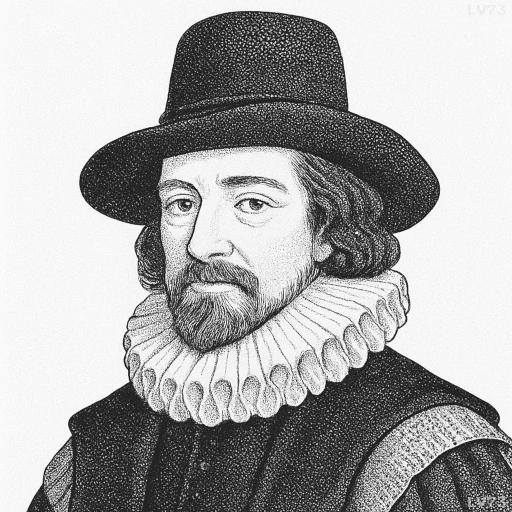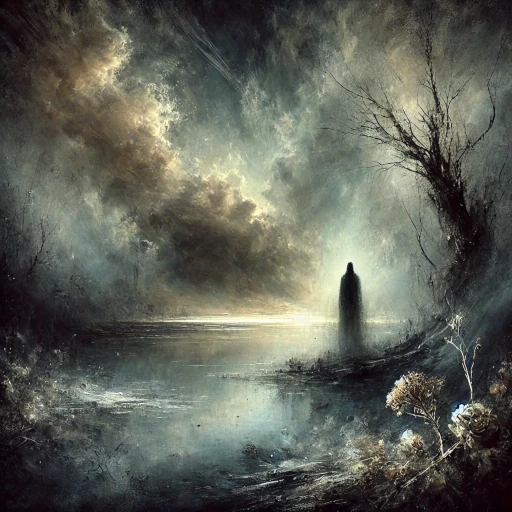“I do not believe that any man fears to be dead, but only the stroke of death.”

- January 22, 1561 – April 9, 1626
- Born in England
- Philosopher, theologian, jurist, politician, aristocrat
table of contents
Quote
“I do not believe that any man fears to be dead, but only the stroke of death.”
Explanation
In this quote, Francis Bacon differentiates between the fear of death itself and the fear of the process of dying. He argues that most people do not fear the state of being dead, but rather the pain, uncertainty, or suffering associated with the moment of death—what he refers to as the “stroke” of death. This reflects a deeper philosophical idea about human nature, where the fear of loss of control or the unknown that accompanies death’s approach is more troubling than the actual end of life. Bacon suggests that once a person is dead, they are beyond any fear or pain, but it is the process of dying that causes discomfort and anxiety.
Bacon, living in a time when death was often a more public and violent event (due to factors like plague, war, and high mortality rates), was keenly aware of the precariousness of life. The early modern period was also a time when religious ideas about the afterlife were widespread, and many people were more concerned about how they would die and what that death would mean for their eternal fate. Bacon’s distinction is an early psychological observation, indicating an understanding that much of human fear is tied not to the inevitable end of life, but to its uncertainties and the potential suffering along the way.
In modern times, this quote continues to resonate, especially as it applies to the psychology of death and end-of-life care. For instance, people facing terminal illnesses often report being more afraid of pain or the process of dying itself, rather than the idea of death as an end. Medical advancements, such as palliative care and hospice, reflect Bacon’s idea that much of the suffering associated with death comes from the experience of dying rather than the inevitability of death itself. This view also aligns with modern existential philosophy, which often contemplates death not as an event, but as a process that is feared for the suffering it might bring, rather than its inevitable conclusion.
Would you like to share your impressions or related stories about this quote in the comments section?





